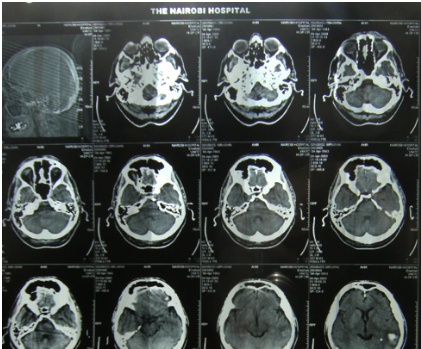The highlands of Ethiopia are populated with some of the world’s most interesting game animals, from lions and leopards to elephants and buffalo. As dangerous as these animals can be at close range, the greatest perils to our health on Safari sometimes come from within.
Suffering a stroke anywhere is a life threatening experience, but when it happens at 10,000 feet in a desolate corner of East Africa, it becomes that much more frightening. One of our members was hunting there a few weeks ago, in the mountains of Ethiopia, when his wife and his professional hunting guide noticed that his speech was slurred. He exhibited other signs of what those in the medical field term an altered mental state. These, along with decreased motor function in oneside of the body, are the tell-tale signs of a stroke. Realizing the severity of his client’s condition, the professional hunter drove him to the nearest medical facility and then called Global Rescue.
It might be a stretch to call this field clinic a medical facility. In the hunter’s description it was more of a clinic with haphazard care – in fact, the patient had his own blanket stolen from him by one of the nurses, who then curled up for the night with it on the “hospital” floor. Needless to say, there were no highly trained neurosurgeons at his bedside to monitor his condition. All this, along with the persistent language barriers and general chaos of the clinic, made the man’s wife and the professional hunter extremely nervous.
Global Rescue immediately scrambled an air ambulance to the clinic in Addis Ababa, which evacuated him and his hunting party to the best neurological facility in Nairobi, Kenya. There he was met by a deployed Global Rescue paramedic and treated and monitored by a U.S.-trained neurosurgeon. After viewing the CT scans, Global Rescue doctors cleared him for air travel and he was medically evacuated back to the United States.
There is little in the way of treatment for a patient who has suffered a minor stroke, but it is imperative to prevent further damage or death by closely monitoring the patient’s condition – something that was impossible to do in the clinic in Ethiopia. Had his condition worsened, the medical evacuation to Nairobi might well have saved his life.
Related Posts
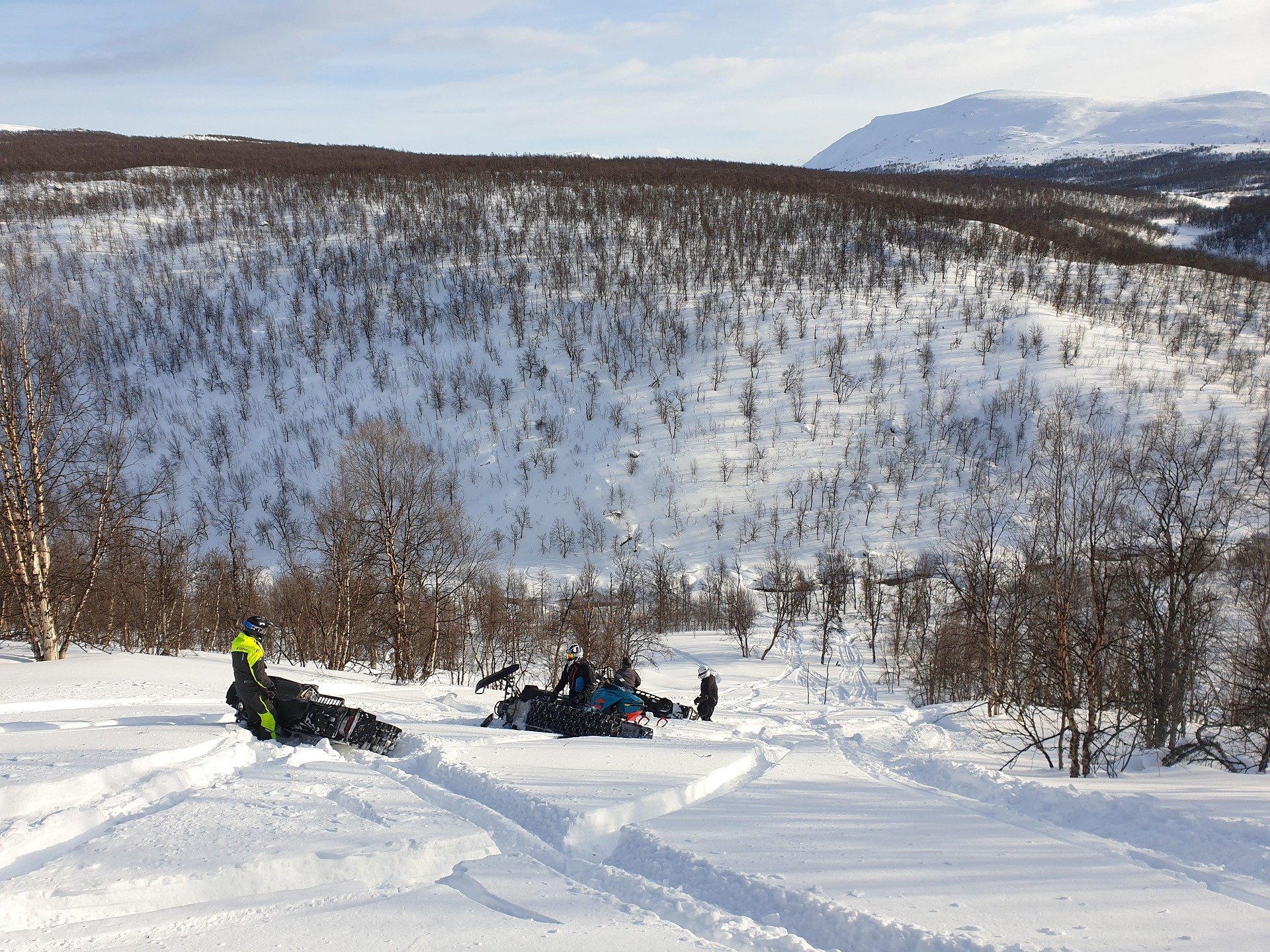
Mar 26, 2025 5 mins read
Mission Briefs: Global Rescue In Action – Issue 56
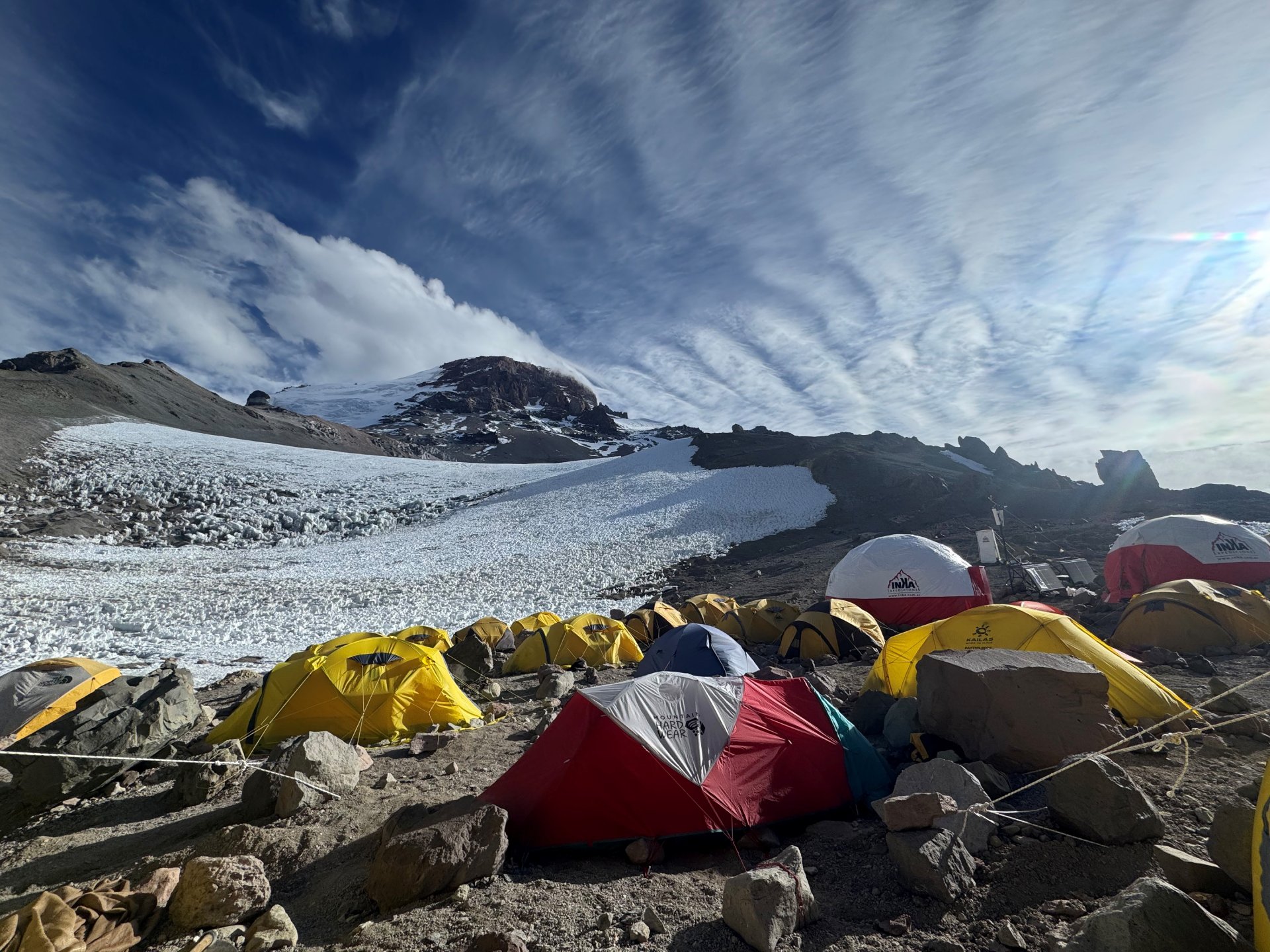
Mar 18, 2025 5 mins read
From Aconcagua Summit Dreams to Slopeside Survival: Nicole Lynch’s Unforgettable Airborne Rescue
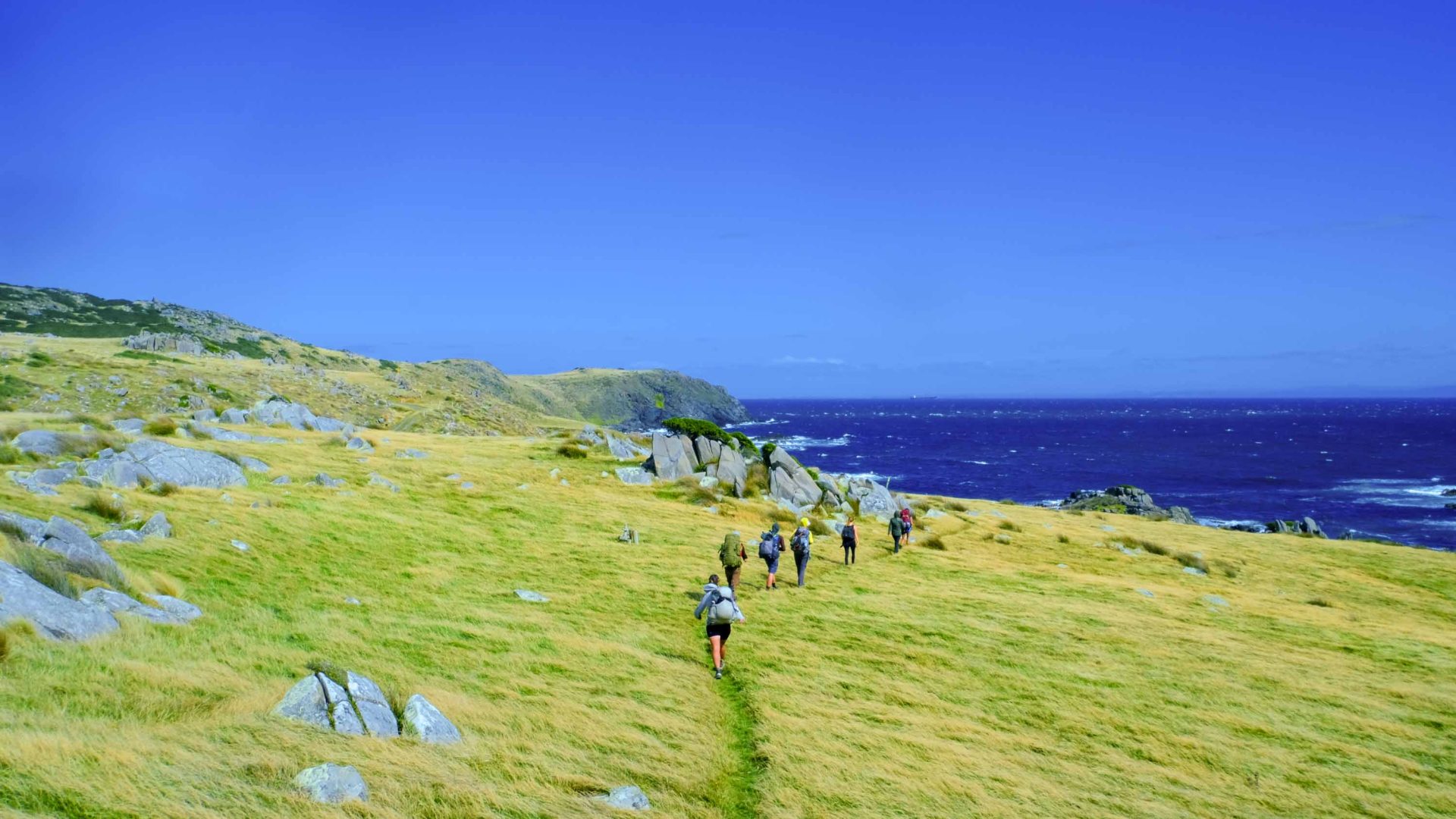
Mar 05, 2025 3 mins read
Mission Briefs – SOS In Action: Issue 3
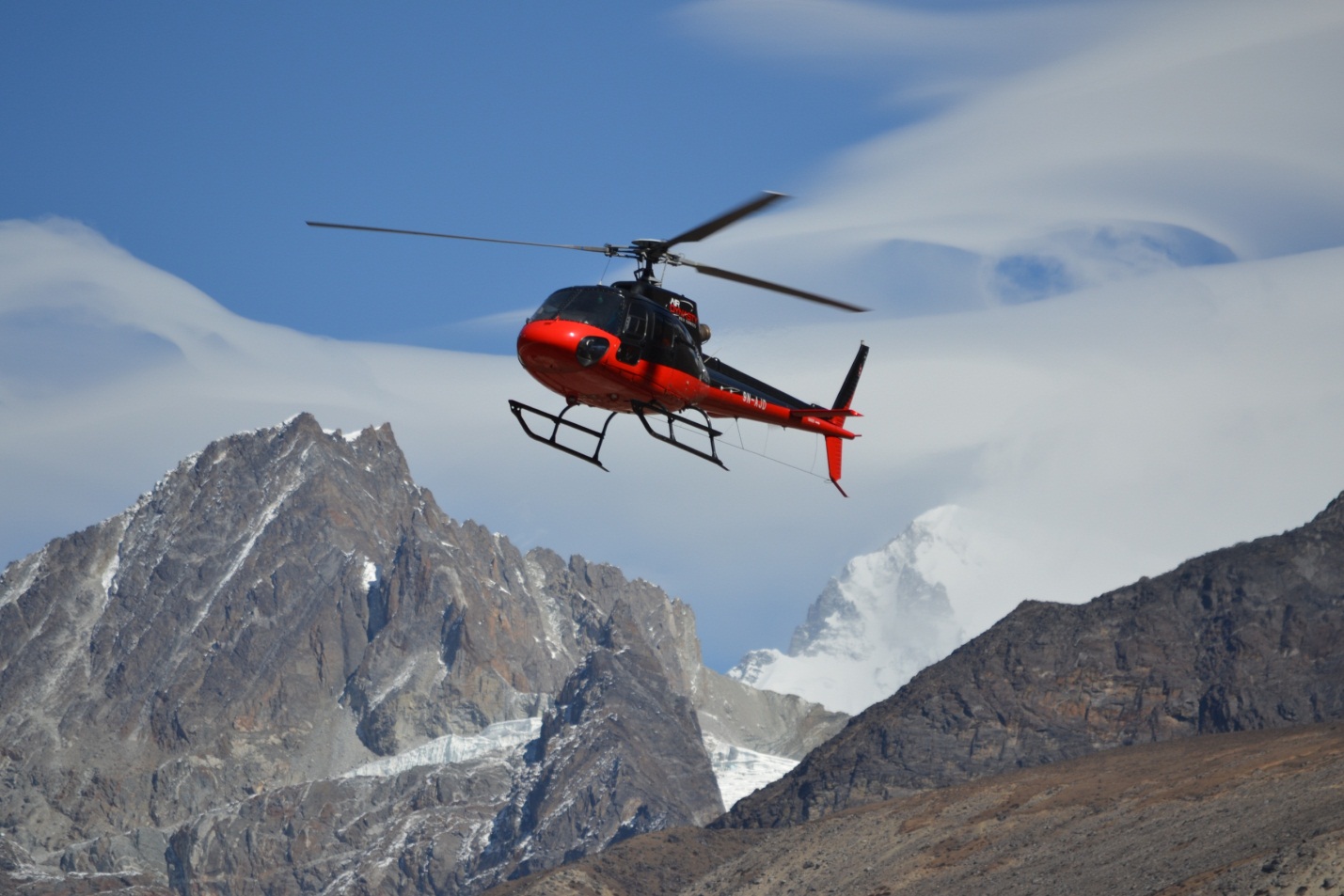
Feb 28, 2025 6 mins read
Medevac: The Critical Role of Rescue Helicopters in Emergency Medical Evacuations
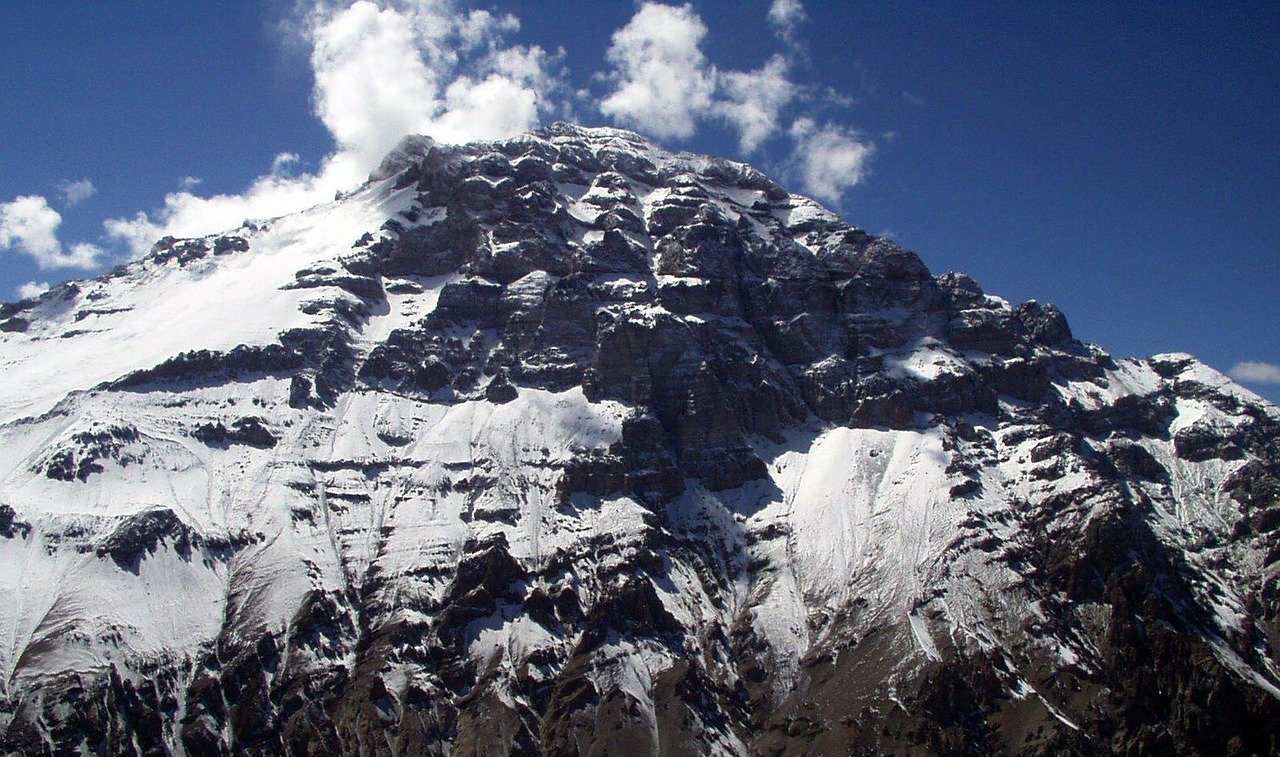
Feb 21, 2025 5 mins read
Mission Briefs: Global Rescue In Action – Issue 55
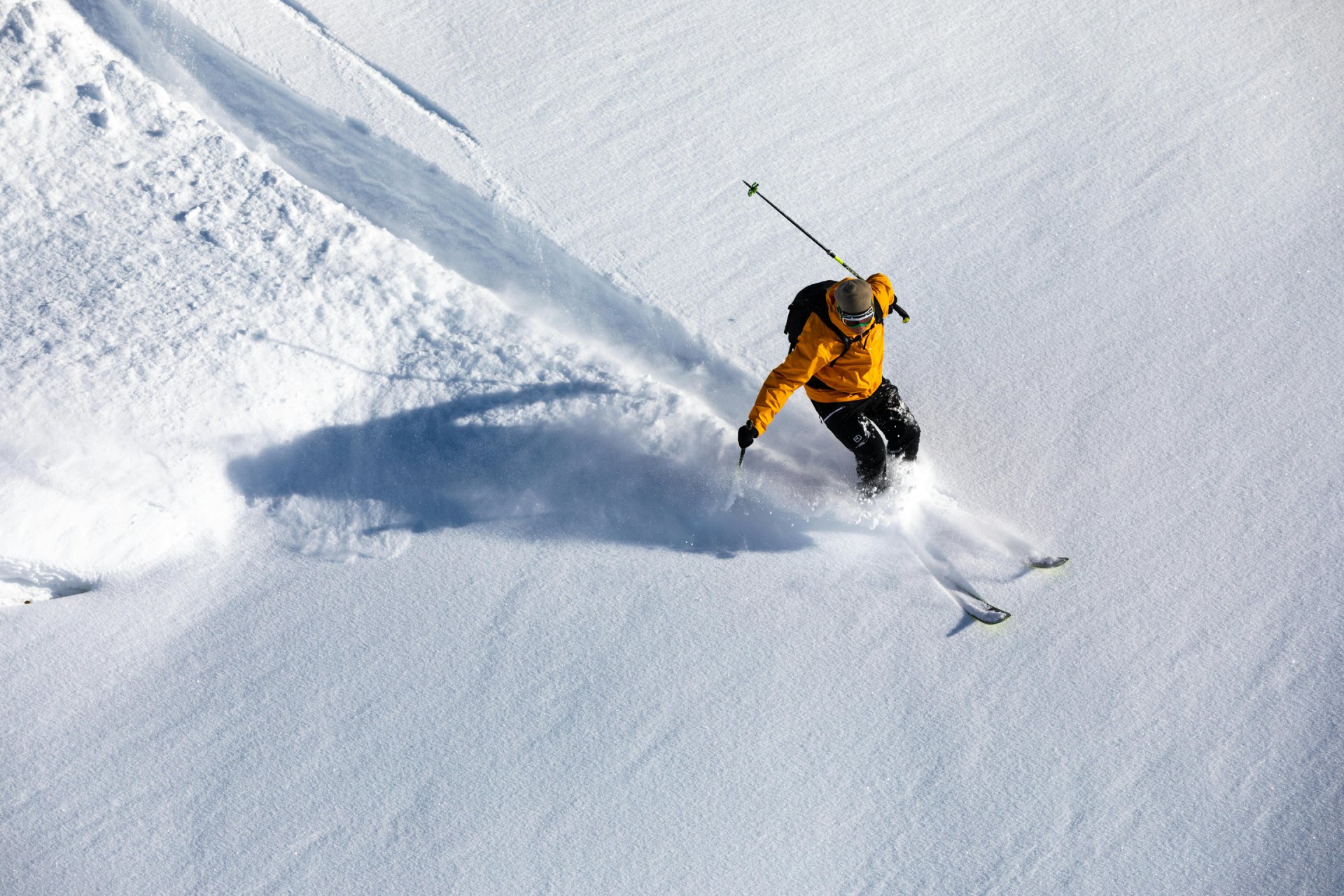
Jan 24, 2025 5 mins read
Mission Briefs: Global Rescue In Action – Issue 54
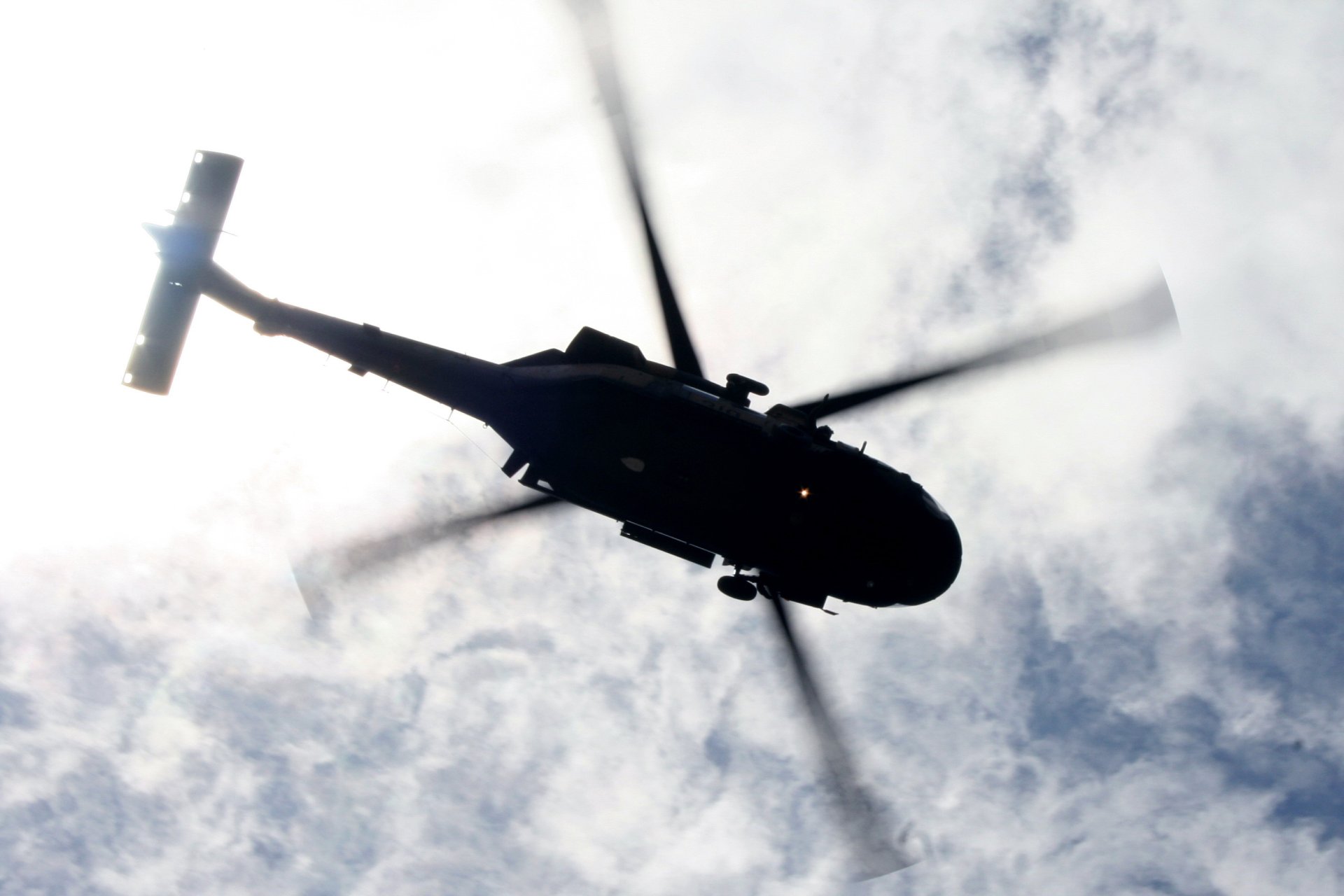
Dec 20, 2024 6 mins read
Mission Briefs: Global Rescue In Action – Issue 53 – The Himalaya Special Edition
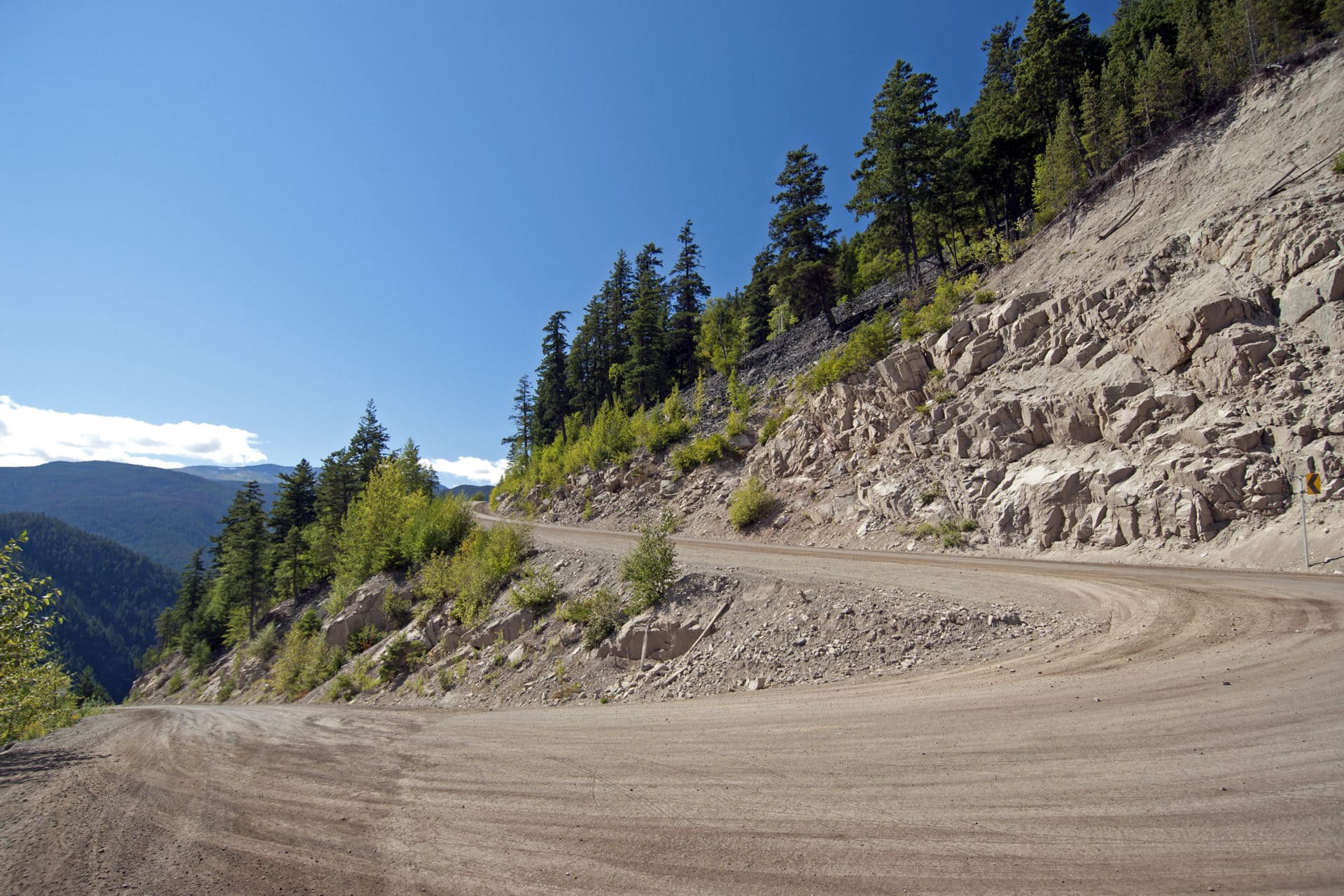
Dec 04, 2024 5 mins read

